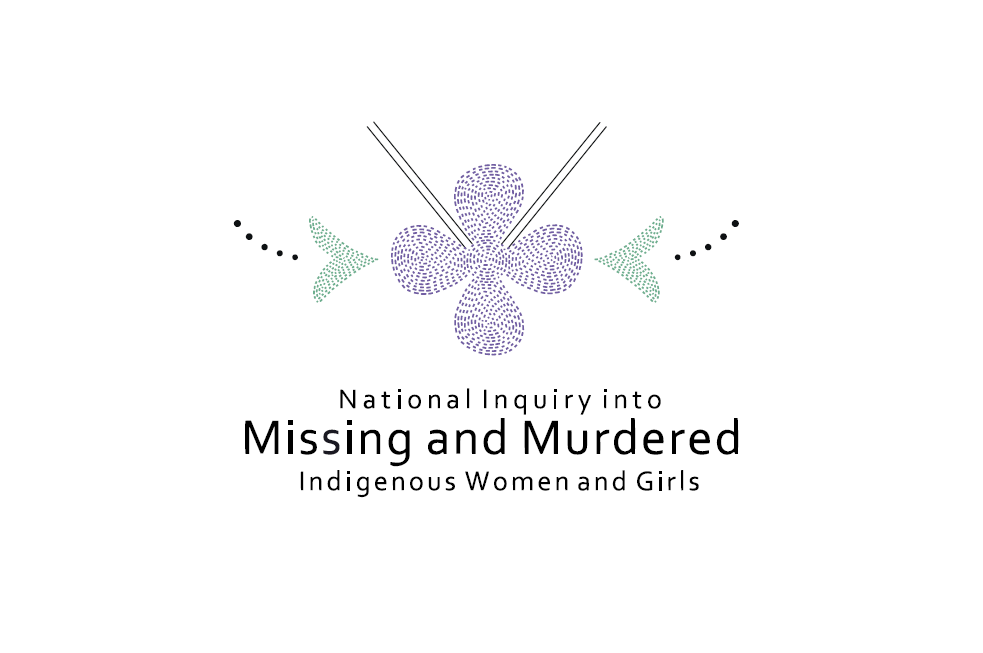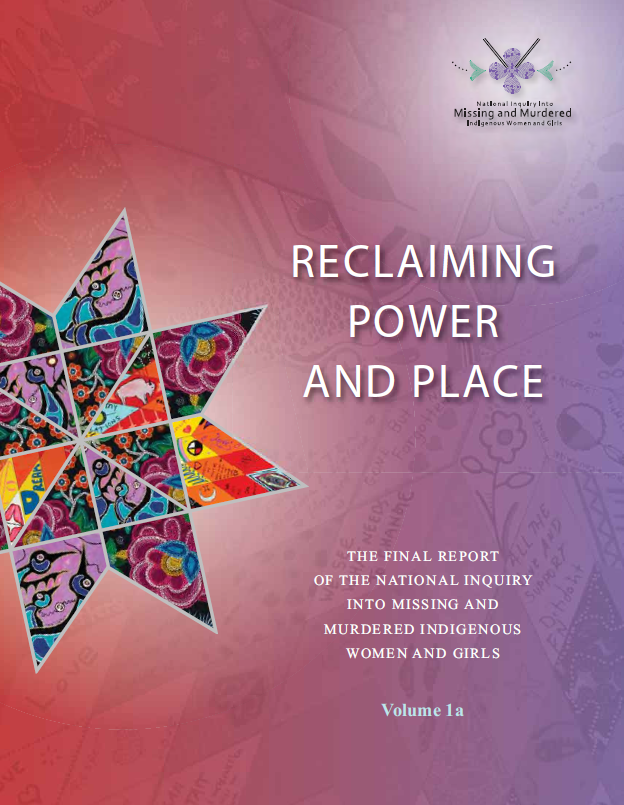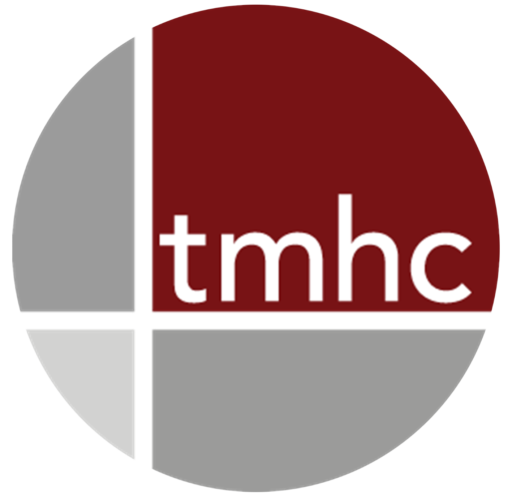Heritage and the National Inquiry into MMIWG

This month, the National Inquiry into Missing and Murdered Indigenous Women and Girls (MMIWG) released its Final Report. The Inquiry began in 2016 with a mandate to report on the systemic causes of all forms of violence against Indigenous women and girls. The Inquiry also extended its original mandate to focus on two-spirit, lesbian, gay, bisexual, transgender, queer, questioning, intersex and asexual (2SLGBTQQIA) people.
Besides addressing important issues surrounding policing, access to justice, and other systemic colonial problems, the Report references culture and cultural heritage. Those familiar with the TRC Final Report and Calls to Action will not find these references out of place. Indigenous nations, individuals and communities have repeatedly represented the social and individual trauma caused by colonialism’s effect on Indigenous traditional heritage and culture. Paulette Steeves referenced this trauma’s relationship to archaeology in 2016.
The MMIWG Final Report refers to a Right to Culture as the response to ongoing colonial cultural violence intended to diminish and destroy Indigenous culture and heritage. The Right to Culture is grounded in international human rights such as the United Nations Declaration on the Right of Indigenous Peoples (UNDRIP):
Generally, the right to culture and identity can be defined as the right to access, participate in, and enjoy one’s culture. This includes the right of individuals and communities to know, understand, visit, make use of, maintain, exchange, and develop cultural heritage and cultural expressions, as well as to benefit from the cultural heritage and cultural expressions of others. It also includes the right to participate in the identification, interpretation, and development of cultural heritage, as well as in the design and implementation of policies and programs that keep that culture and identity safe. (Page 119)
Part of keeping that culture intact is through the creation of a Legacy Archive. The Archive collected over 340 “artistic expressions” related to the commemoration of Indigenous women, girls, and 2SLGBTQQIA people. Including works from survivors and family members, the Archive:
…is based on the idea that art in particular is a powerful tool for commemoration and for calling forth. It can send a message of hope, resilience or reconciliation. Artistic expressions can bear witness to injustice, recognize the human dignity of those who are targeted, and raise awareness that will ultimately hold accountable those who are responsible for the violence that persists today and ultimately, effect change. (Page 61)
Of relevance to archaeologists and heritage practitioners is how the Report critiques conventional archival practices. Essentially, the decisions surrounding what archives preserve and how they preserve it are political decisions with consequences to marginalized groups (see Laurajane Smith’s authorized heritage discourse). The Report goes on to acknowledge that archives also have the potential to inform activisms and acknowledge marginalized peoples by incorporating agreements like UNDRIP into their policies. Historical archaeologists appreciate the important role archives play in helping commemorate marginalized communities and classes. The Legacy Archive and its policies and structures represent an important and deliberate step in decolonizing heritage institutions. It’s a step other heritage practitioners and institutions should pay attention to.

Finally, MMIWG Final Report lays out its Calls for Justice. The National Inquiry into MMIWG explicitly departed from a mandate to produce recommendations to instead provide legal imperatives. The Calls to Justice include imperatives of relevance to archaeology and heritage which are listed below:
Calls to Justice Related to Archaeology and Heritage:
-
- All governments to immediately implement and fully comply with UNDRIP (Call 1.2.v)
- The establishment of a “National Indigenous and Human Rights Ombudsperson with authority in all jurisdictions” and a National Indigenous and Human Rights Tribunal (Call 1.7)
- “We call upon all governments to acknowledge, recognize, and protect the rights of Indigenous Peoples to their cultures and languages as inherent rights, and constitutionally protected as such under section 35 of the Constitution.” (Call 2.1)
- Funds and legislation recognizing Indigenous languages as official languages by all governments (Call 2.2)
- Access to cultures and languages “to restore, reclaim, and revitalize” cultures and identities (Call 2.3)
- Resources and funding to preserve Indigenous knowledge and language (Call 2.4)
- The creation of a “permanent empowerment fund” to support Indigenous-led cultural educational and revitalization programs and services (Call 2.5)
- Plans and funding for transportation infrastructure to remote or rural Indigenous communities (Call 4.8)
- “We call upon all resource-extraction and development industries to consider the safety and security of Indigenous women, girls, and 2SLGBTQQIA people, as well as their equitable benefit from development, at all stages of project planning, assessment, implementation, management, and monitoring.” (Call 13.1)
- “We call upon all governments and bodies mandated to evaluate, approve, and/or monitor development projects to complete gender-based socio-economic impact assessments on all proposed projects as part of their decision making and ongoing monitoring of projects. Project proposals must include provisions and plans to mitigate risks and impacts identified in the impact assessments prior to being approved.” (Call 13.2)
- (All Canadians) “Decolonize by learning the true history of Canada and Indigenous history in your local area. Learn about and celebrate Indigenous Peoples’ history, cultures, pride, and diversity, acknowledging the land you live on and its importance to local Indigenous communities, both historically and today.” (Call 15.2)
- (All Canadians) “Create time and space for relationships based on respect as human beings, supporting and embracing differences with kindness, love, and respect. Learn about Indigenous principles of relationship specific to those Nations or communities in your local area and work, and put them into practice in all of your relationships with Indigenous Peoples.” (Call 15.7)
- “Given that the intergenerational transfer of Inuit knowledge, values, and language is a right that must be upheld, we call upon all governments to fund and support the recording of Inuit knowledge about culture, laws, values, spirituality, and history prior to and since the start of colonization. Further, this knowledge must be accessible and taught to all Inuit, by Inuit. It is imperative that educational institutions prioritize the teaching of this knowledge to Inuit children and youth within all areas of the educational curriculum.” (Call 16.4)
- “We call upon all governments and educators to fund and establish Métis-led programs and initiatives to address a lack of knowledge about the Métis people and culture within Canadian society, including education and advocacy that highlights the positive history and achievements of Métis people and increases the visibility, understanding, and appreciation of Métis people.” (Call 17.24)
- “We call upon all governments, educators, and those involved in research to support and conduct research and knowledge gathering on pre-colonial knowledge and teachings about the place, roles, and responsibilities of 2SLGBTQQIA people within their respective communities, to support belonging, safety, and well-being.” (Call 18.15)
The entire Calls to Justice are worth reading in their entirety. As with UNDRIP and the TRC Calls to Action before them, these Calls to Justice should act as another cornerstone in the archaeological community’s ongoing decolonization of practice.
